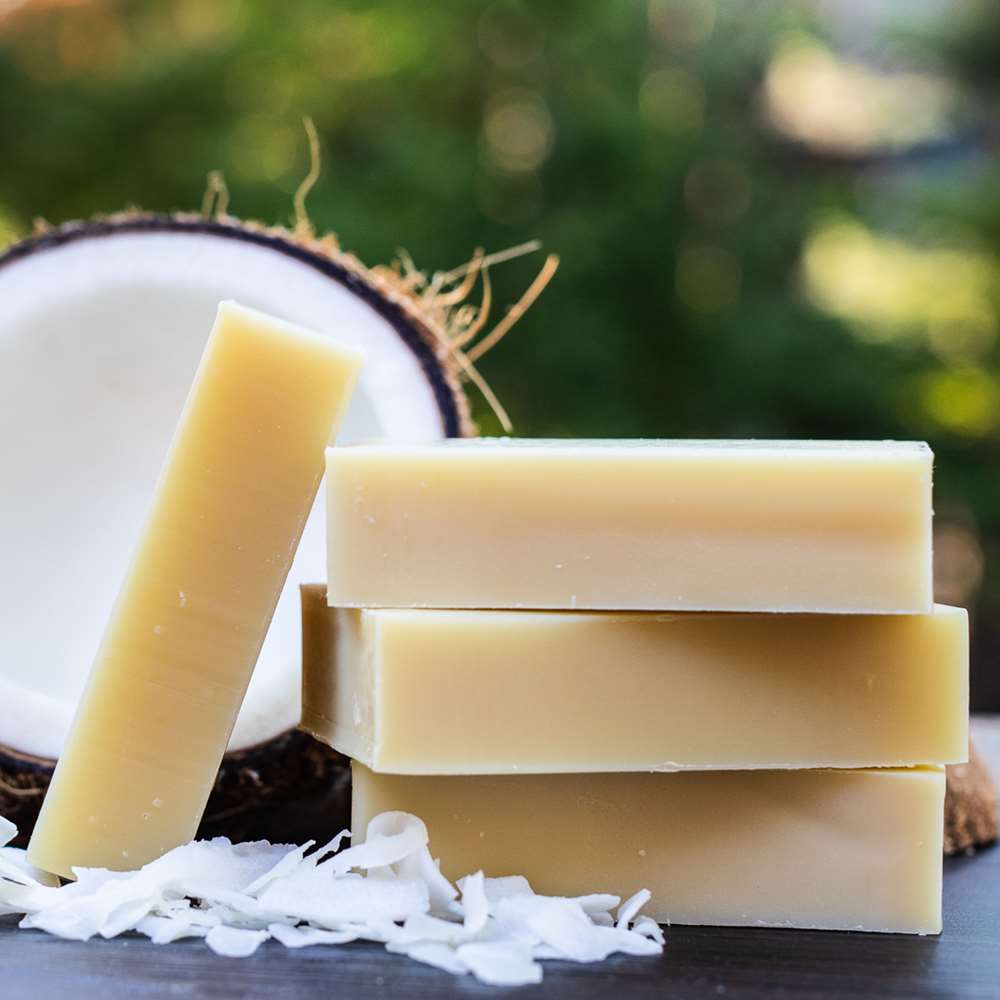
Shampoo Bar: Coconut Milk
- Out Of Stock
We wish that we could recommend the perfect natural shampoo bar for each individual hair type, but everyone's hair and scalp are quite unique.

The shampoo bars behave differently for different people.
I have customers with oily hair who prefer bars that I would normally recommend for dry hair and vice versa. That is why it is so difficult to make individual recommendations!
We recognize that everyone's hair is different. For that reason, every one of our natural shampoo bars is made from a different recipe. Your favorite bar of natural shampoo in the summer may differ from your favorite winter shampoo.
Our best suggestion is to try some different trial-size bars.
We have compiled recommendations based on information gathered from friends, family, and customers. We hope this will help you make your choices!
A Note From A Customer: "When I first emailed you about shampoo bar recommendations, I really wanted you to tell me which shampoo bars I should use. Instead I got the “everyone’s hair is unique” story which was not very helpful at the time. But now I understand why that is the perfect answer. Everyone’s hair IS unique (even two sisters living in the same city with the same type of hair). So I guess the moral of the story is that if you want to switch to an all natural shampoo product—just do it! Buy samples because all of the bars are very different. It is well worth the effort and besides experimenting can be fun!" Lori, Michigan
Our natural shampoo bars are a lot more concentrated than liquid shampoos. They are superfatted and thus contain extra oils and butters to nourish your hair.
 Your shampooing technique is so important that it may affect success even more than the type of shampoo bar you choose.
Your shampooing technique is so important that it may affect success even more than the type of shampoo bar you choose.
The purpose of shampooing is to remove dirt and excess oils from the scalp and the roots.
We do NOT recommend lathering up the length of your hair with the shampoo bar. You do NOT need to apply shampoo from roots to tips. Focus only on your scalp.
As you use your fingers to rinse the lather through the strands, there is enough shampoo to clean the length. This technique helps prevent coating your hair strands with shampoo residue.
Our favorite technique is the best if you are new to shampoo bars, have adjustment issues, or have long or thick hair. It helps prevent pockets of soap residue in your hair that can make your hair feel tacky.
For a detailed description of our shampoo technique, please read our blog, "How to Use a Natural Shampoo Bar".
If your hair has a residue before or after shampooing, use an Apple Cider Vinegar Rinse or a baking soda clarifying rinse.
The most common email we receive from new natural shampoo bar users concerns problems with hair adjustment and goes like this: "I just love the idea of using an all-natural shampoo, but my hair feels funny!"
 Although we have many customers who have no adjustment problems at all, weird-feeling hair is not an uncommon issue. Your hair must literally learn to live without chemicals.
Although we have many customers who have no adjustment problems at all, weird-feeling hair is not an uncommon issue. Your hair must literally learn to live without chemicals.
First of all, be sure to read the info about your shampoo technique above.
There is a lot of information about natural shampoo bars on our blog. For example, you will find a post titled "Tips Adjusting To Shampoo Bars," that discusses the main factors that may affect your hair's adjustment to shampoo bars.
For first-time customers, we recommend starting with a few trial-size bars that seem to work for most hair types. Use them one at a time for at least a week so that you can really judge how they make your hair and scalp feel.
Take note of the natural shampoo bars YOUR hair likes or dislikes, and look for patterns in the ingredients. You might find that your hair and scalp prefer shampoos high in olive oil, shea butter, or coconut milk. You may have to experience a few natural shampoo blends to find the right fit for your hair.
The Coconut Milk Shampoo Bar and Soapnuts Shampoo Bar are the first two natural shampoo bars that we recommend for beginners. They are both more 'clean-rinsing' and lighter.

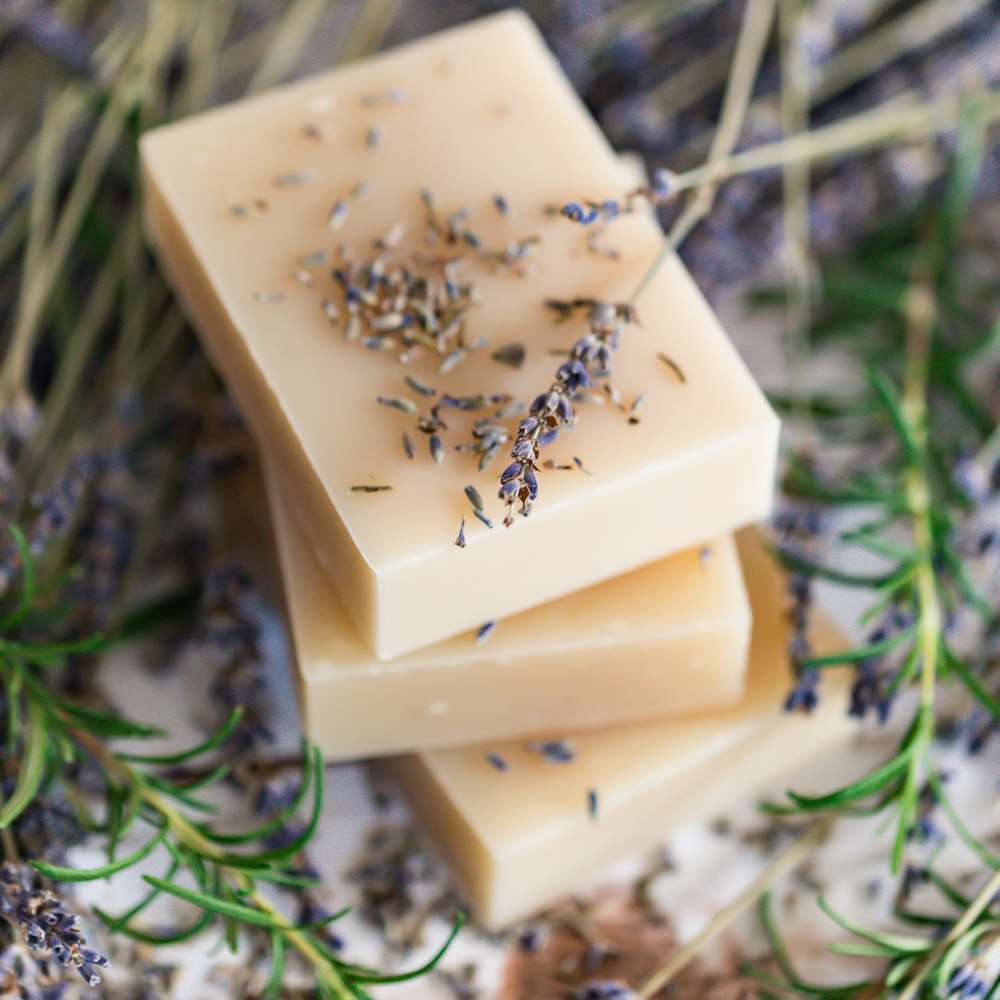
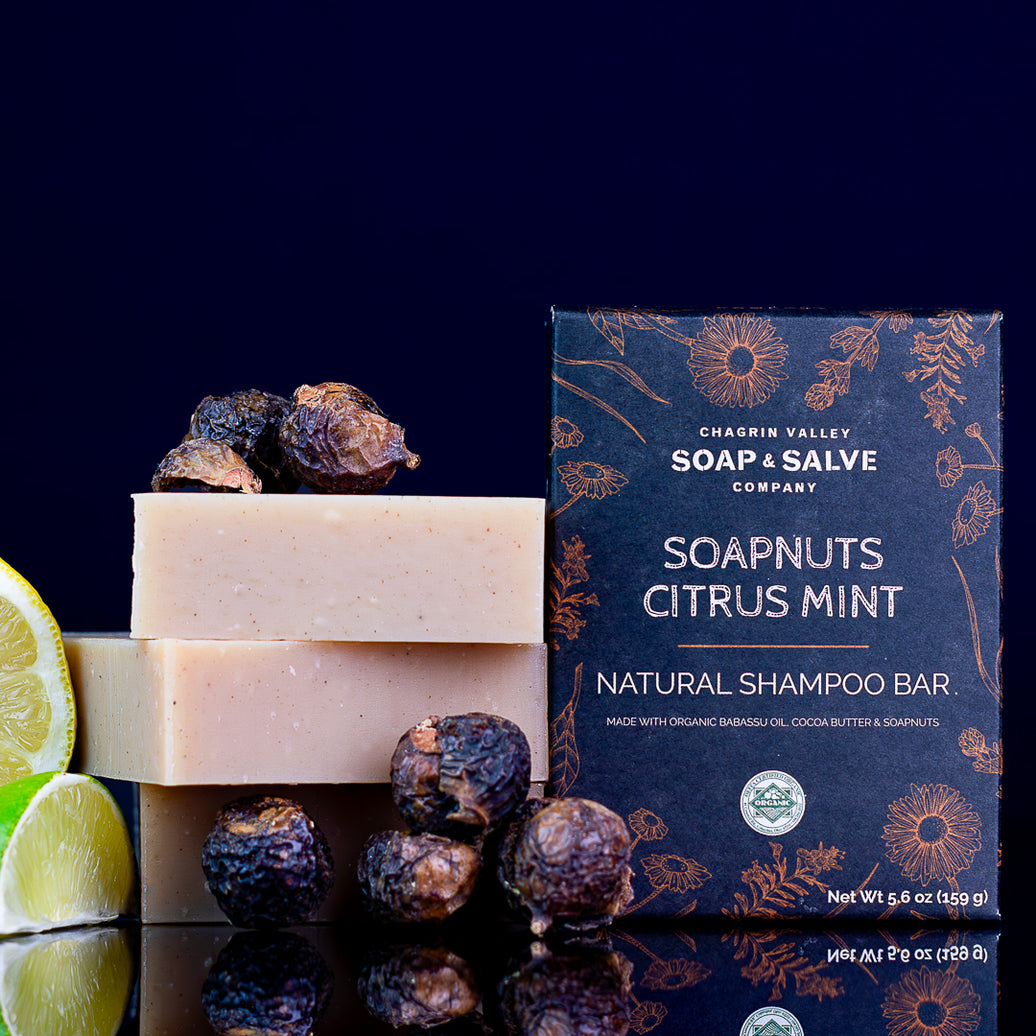
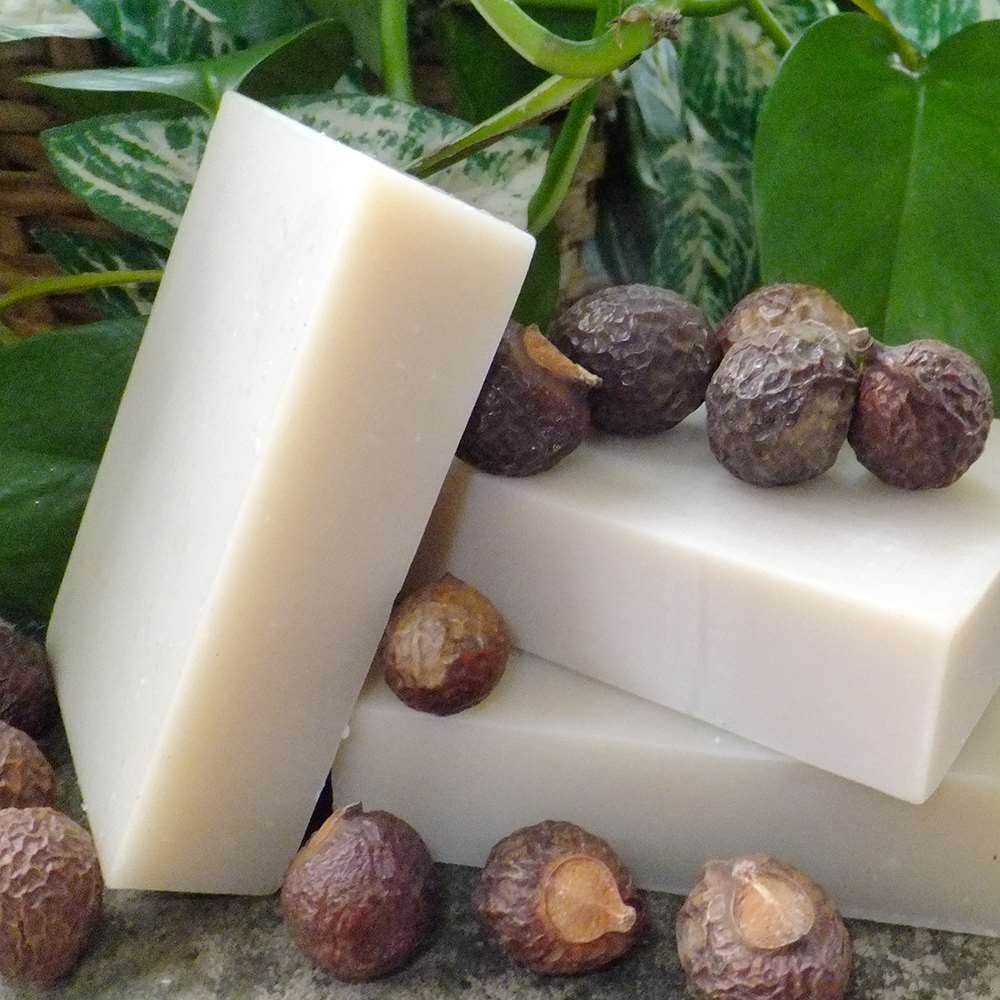

Dry hair is often the result of a decrease in sebum production, the natural skin oil necessary to keep the scalp and hair moist and lubricated.
Dry hair lacks the hydration it needs to give it a sheen and a soft texture.
As a result, dry hair will be brittle and dull, have a straw-like texture, and often appear frizzy, lifeless, and dull.
Our natural shampoo bars are formulated to promote healthy hair and scalp by cleaning without stripping away all the natural oils!
See our Help Me Choose Products for Dry Hair page to learn more.
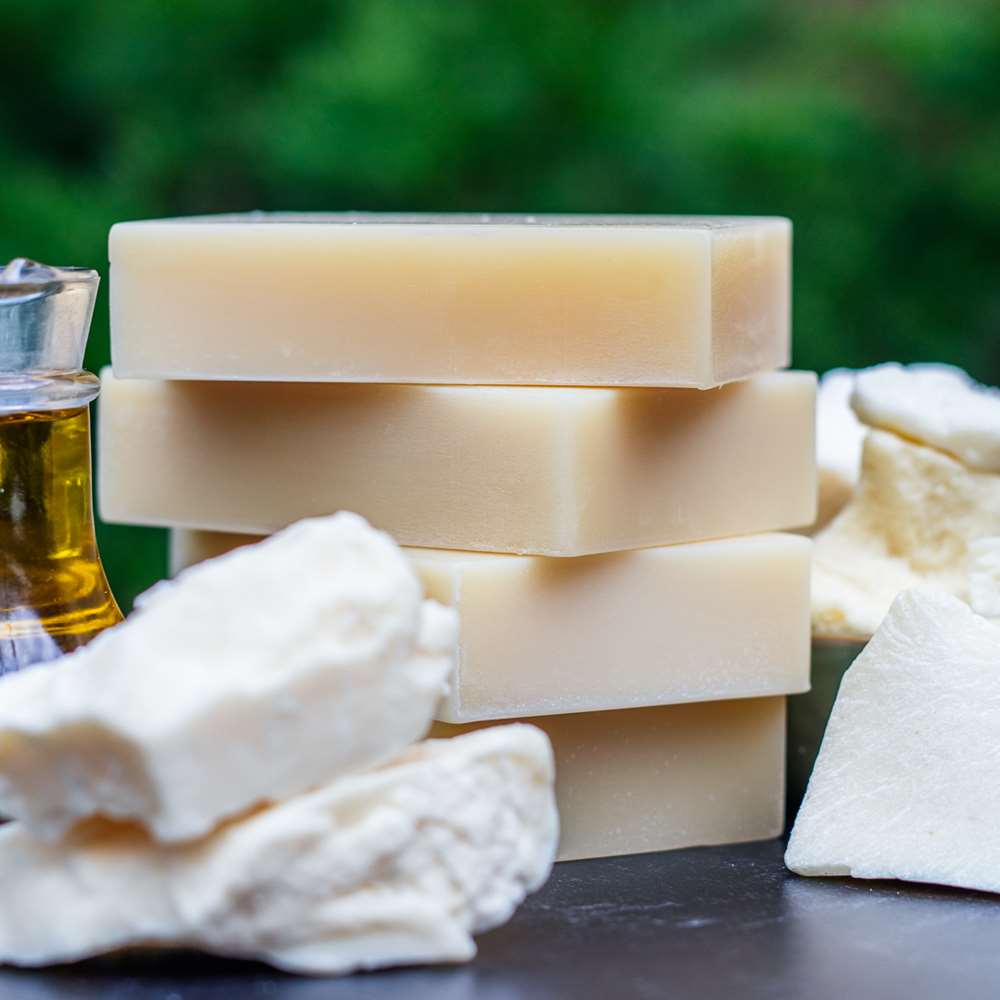
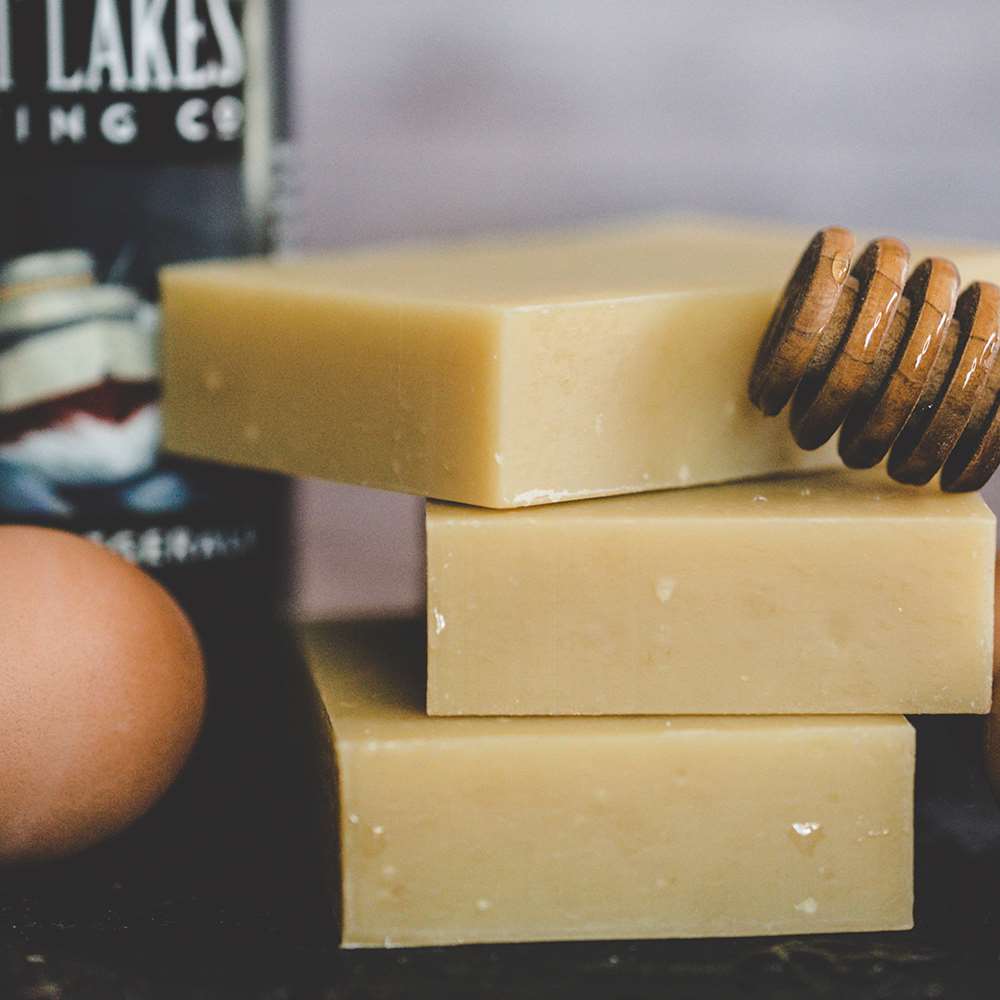
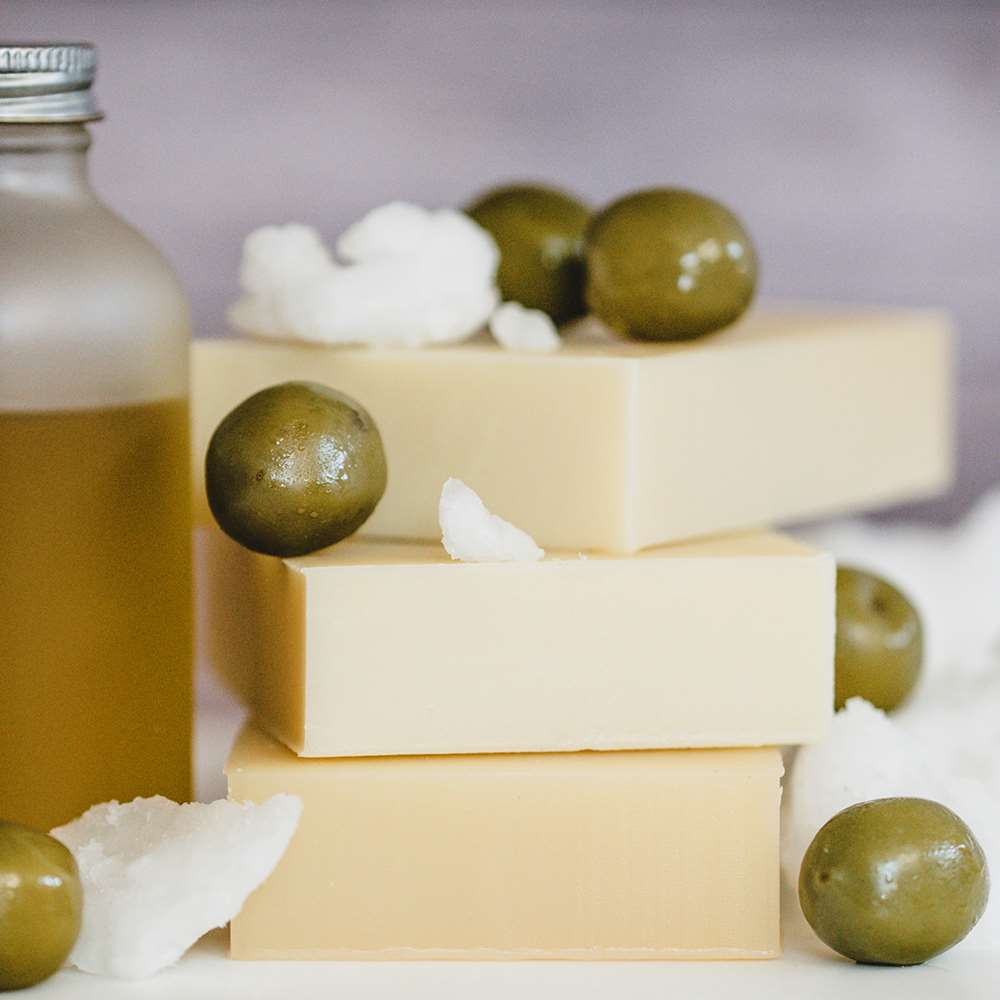
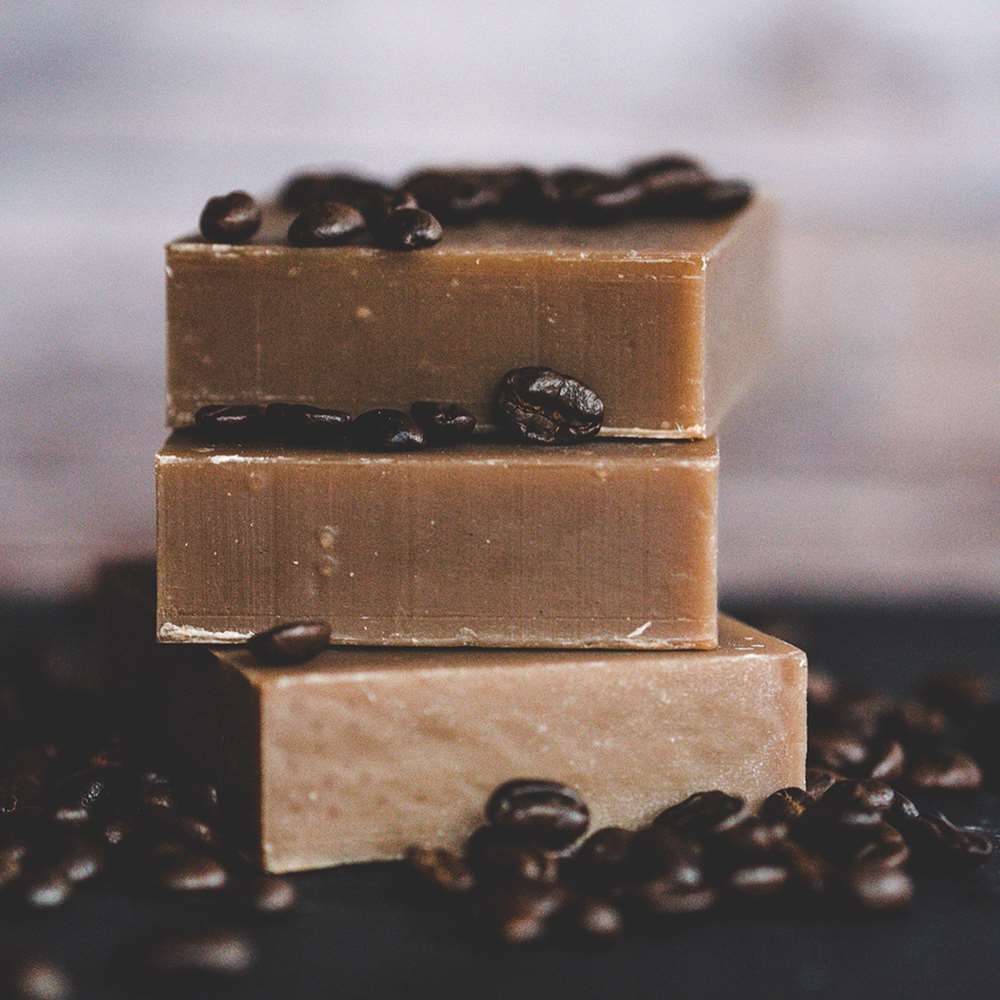
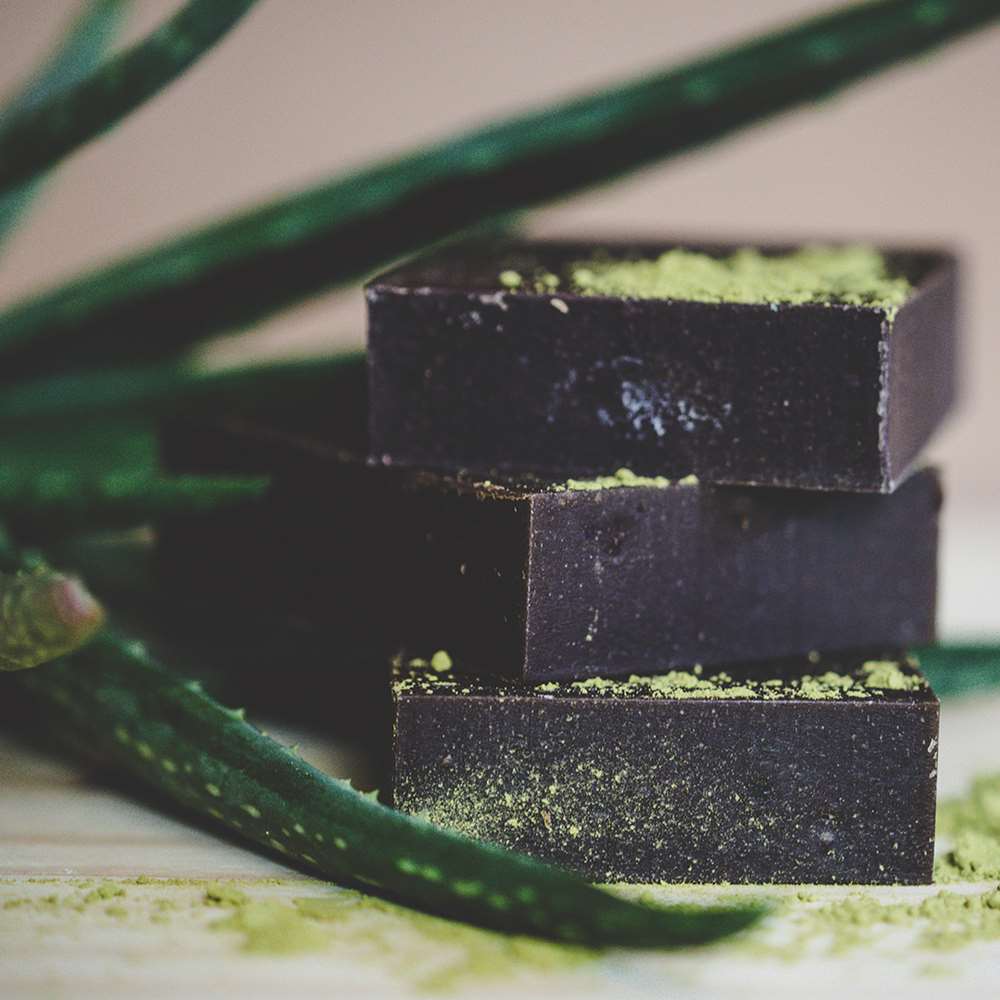
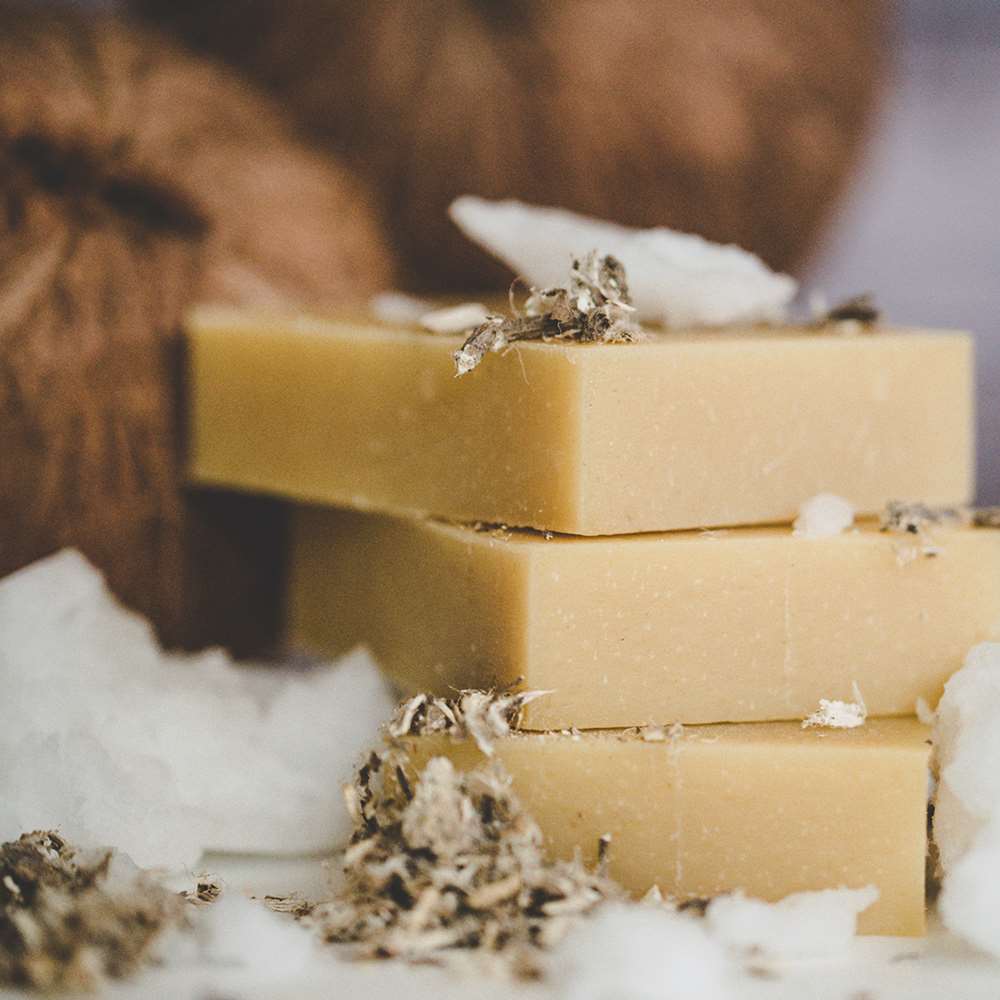
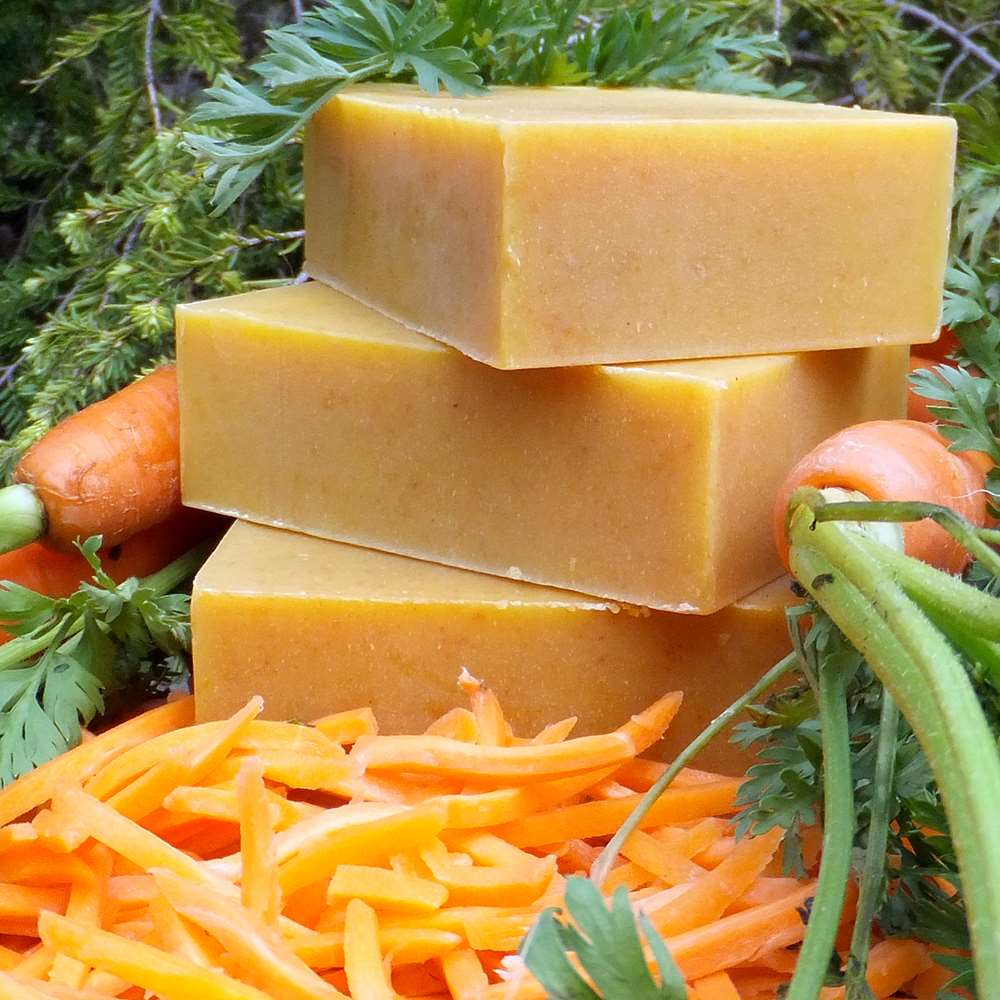

Oily scalp is the result of overactive sebaceous glands. Although these natural oils are essential for a well-hydrated scalp and healthy hair, excess oil can cause hair to become limp and unruly.
The first reaction is to grab a bottle of “drying” shampoo. These shampoos dry out the hair and scalp by stripping away the natural protective oils.
The dried out scalp sends a signal to glands that it needs more oil. So drying out your hair and scalp simply aggravates the problem by encouraging the oil glands to produce more oil to compensate for the loss.
Our natural shampoo bars are formulated to promote healthy hair and scalp by cleaning without stripping away all the natural oils! See our Oily Hair Help Me Choose page to learn more.
Natural shampoo bars containing citrus essential oils help balance oil production and are often great for oily scalps. We also make three shampoo bars with soapnuts (aritha), which contain natural saponins (foaming agents) that provide an extra cleaning boost without drying the hair and scalp. Their natural antifungal and antibacterial properties may also help with dandruff.
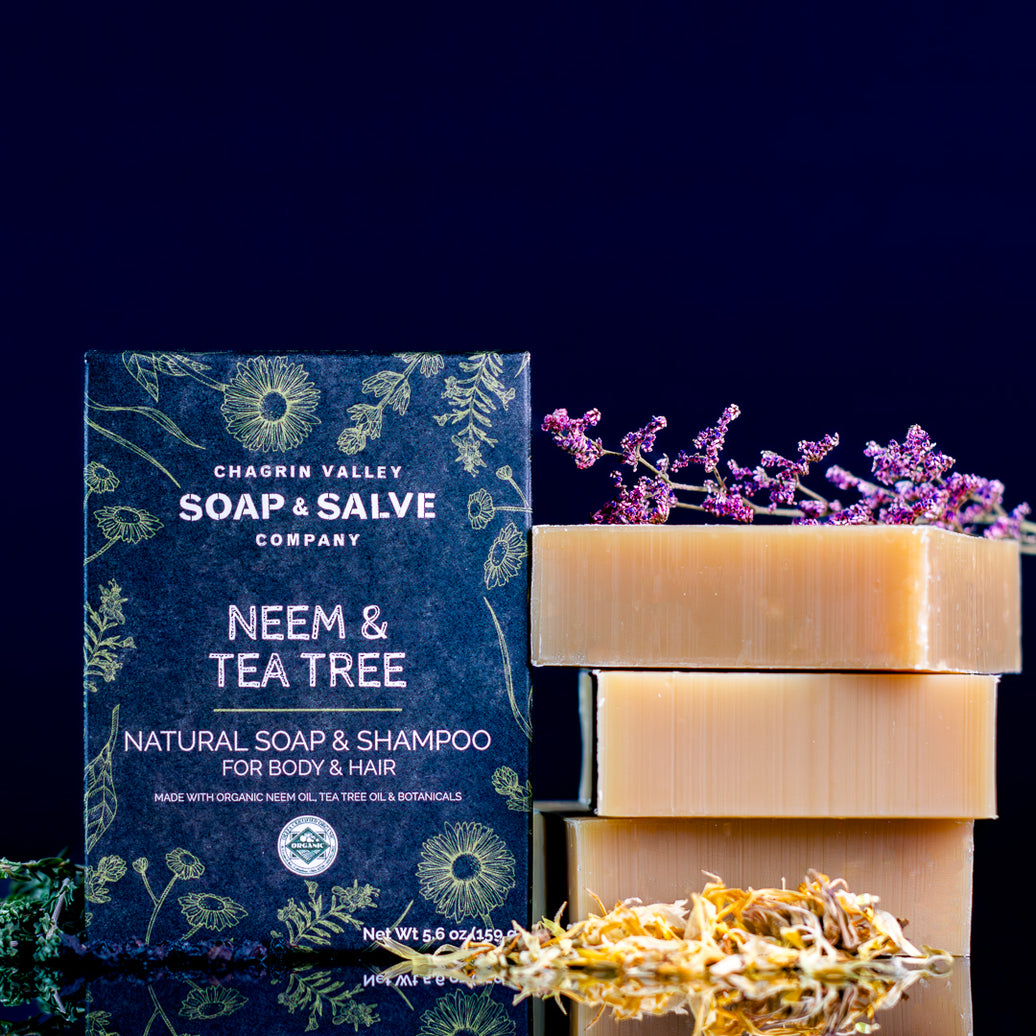

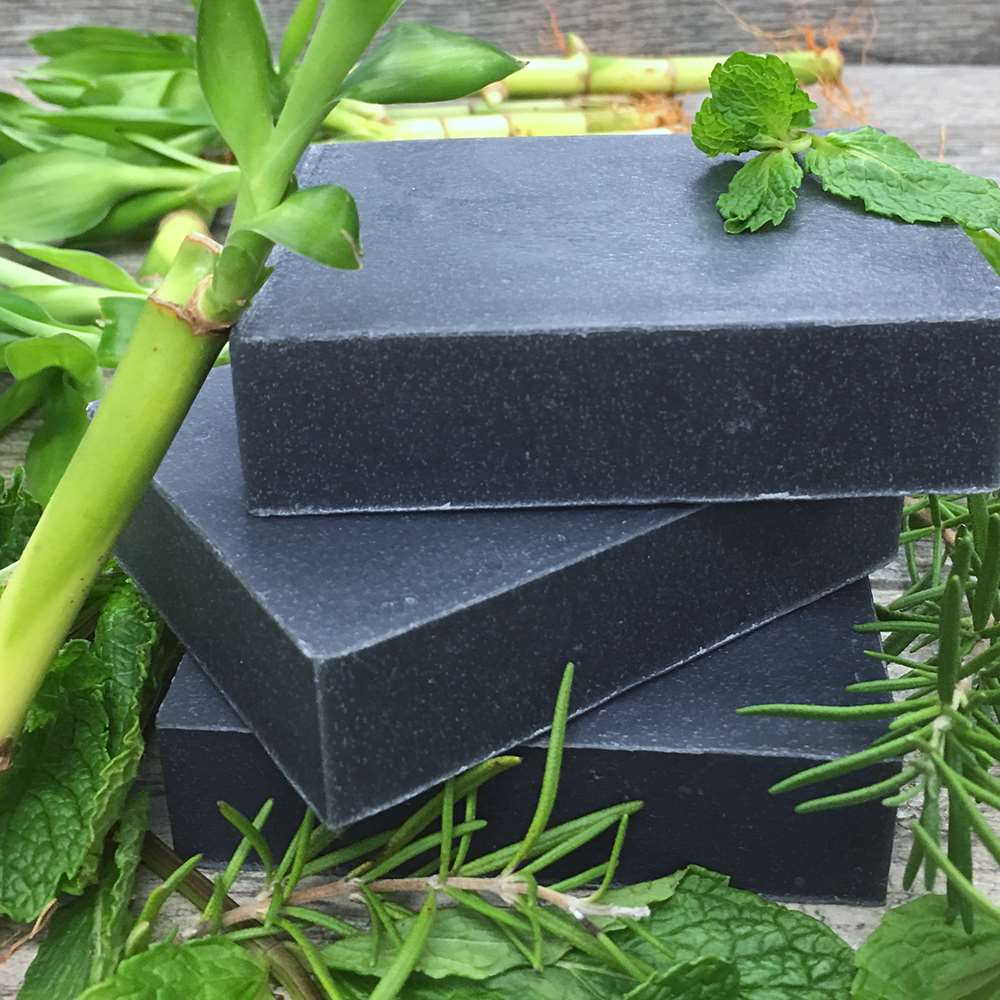
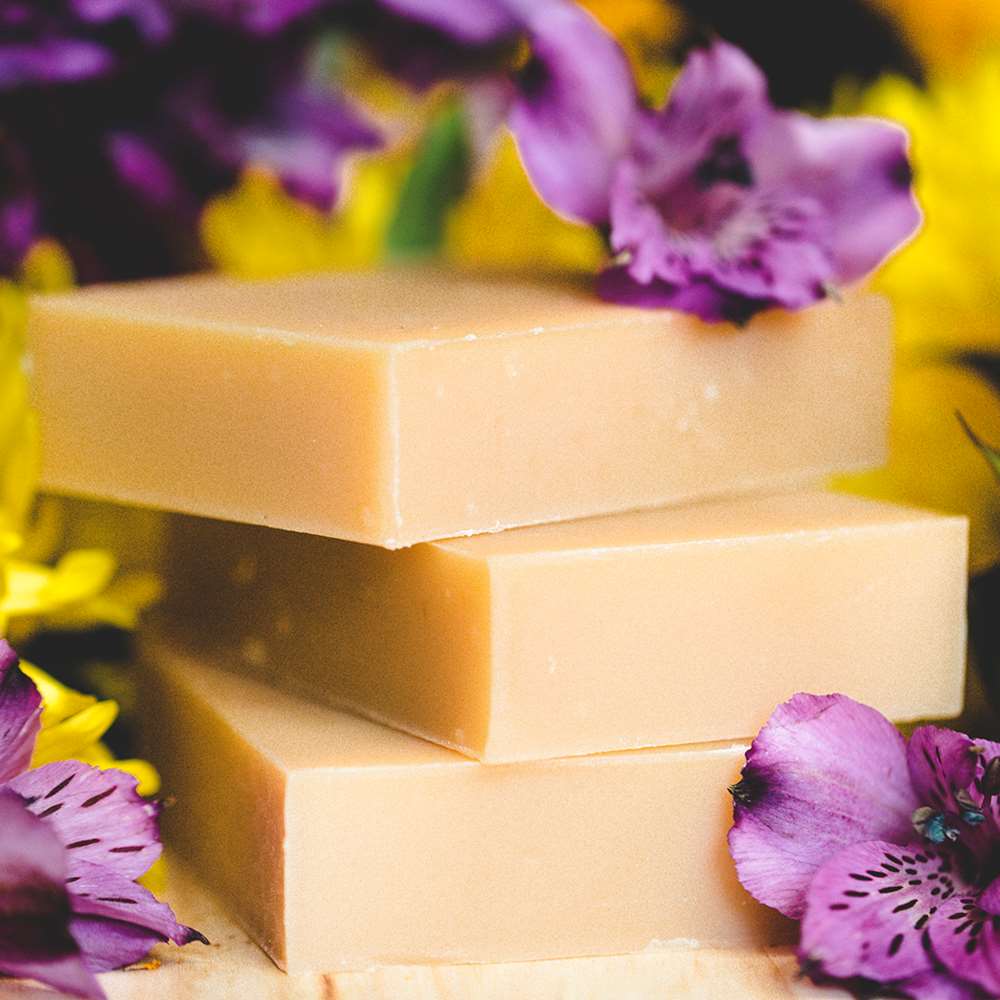
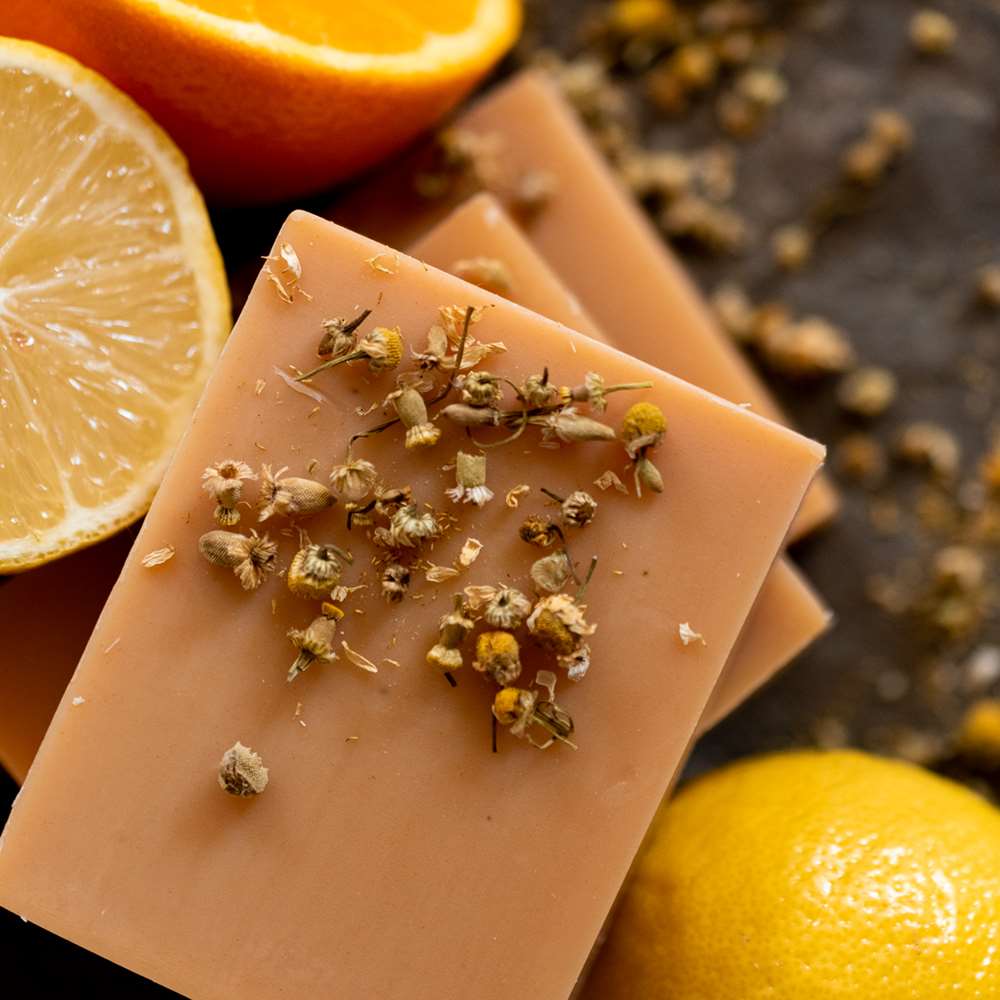


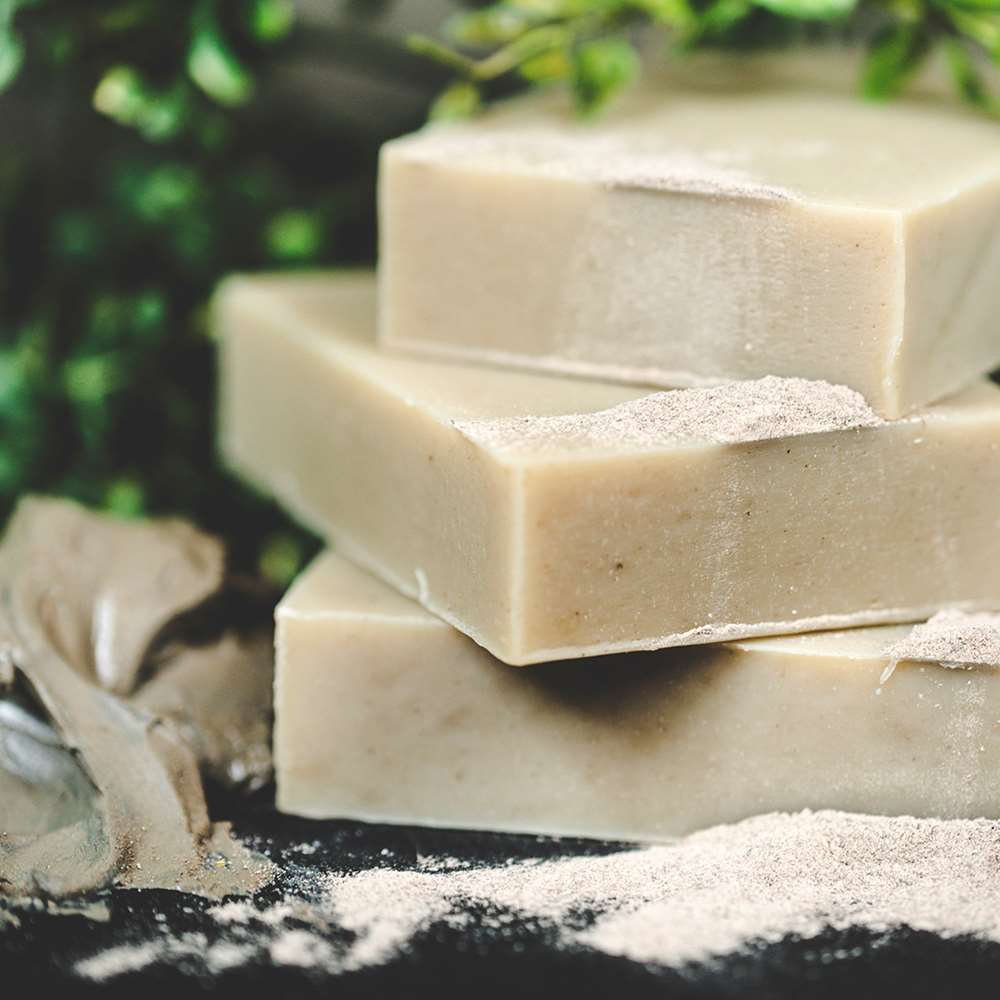

Check out our Dandruff Help Me Choose page to learn more.
No matter which type of "dandruff or flakes" you have, it is important to use a mild natural shampoo.
While a dry scalp can cause flakes, dry scalp and dandruff are not the same things.
We know that true dandruff is not caused by a "dry scalp" because people with oily scalps often suffer from dandruff the most.
While many believe that drying out an oily scalp will help decrease dandruff, oily hair is actually made worse by drying shampoos. The chemicals in these products strip natural oils and dry out the scalp, which then encourages the oil glands to produce more oil. It becomes a vicious cycle.
So, although detergent-based shampoos will clean the hair and scalp well, they often cause over-drying, which can make the condition worse.

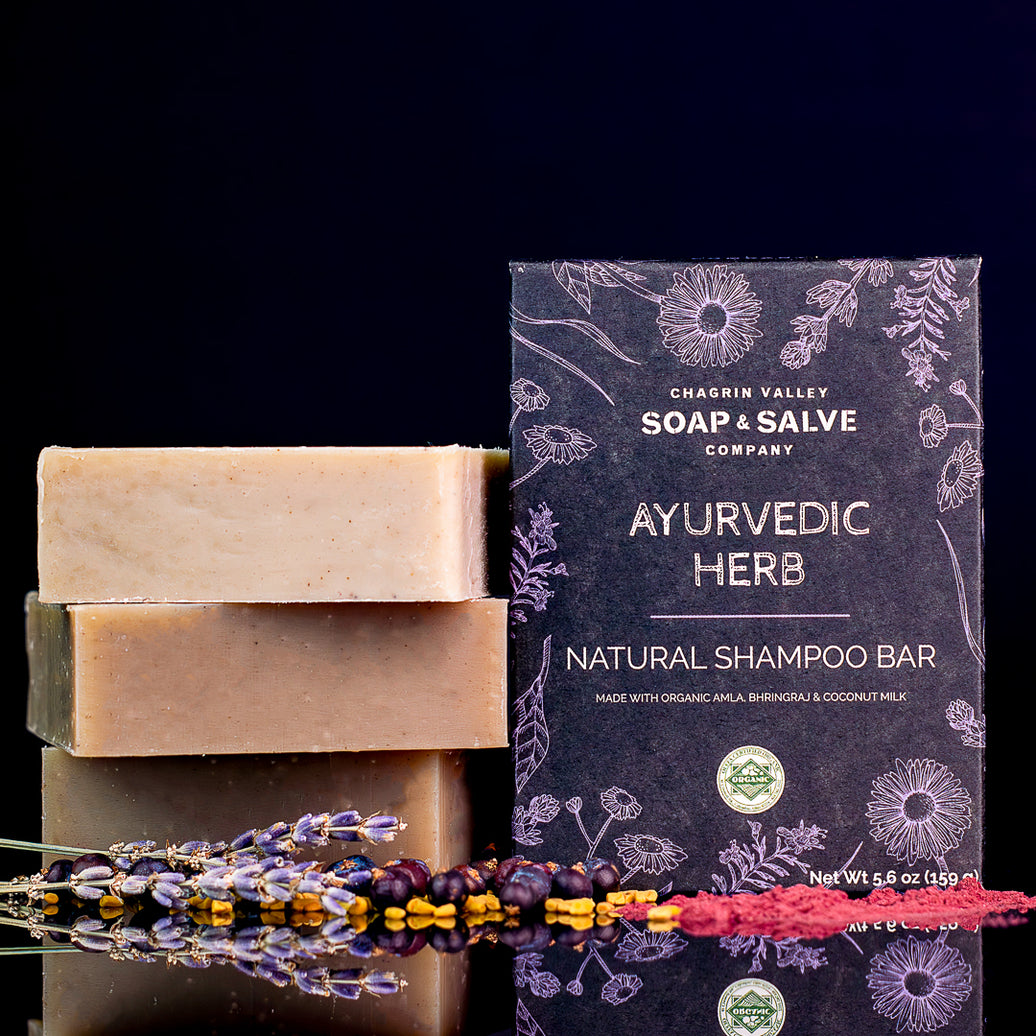


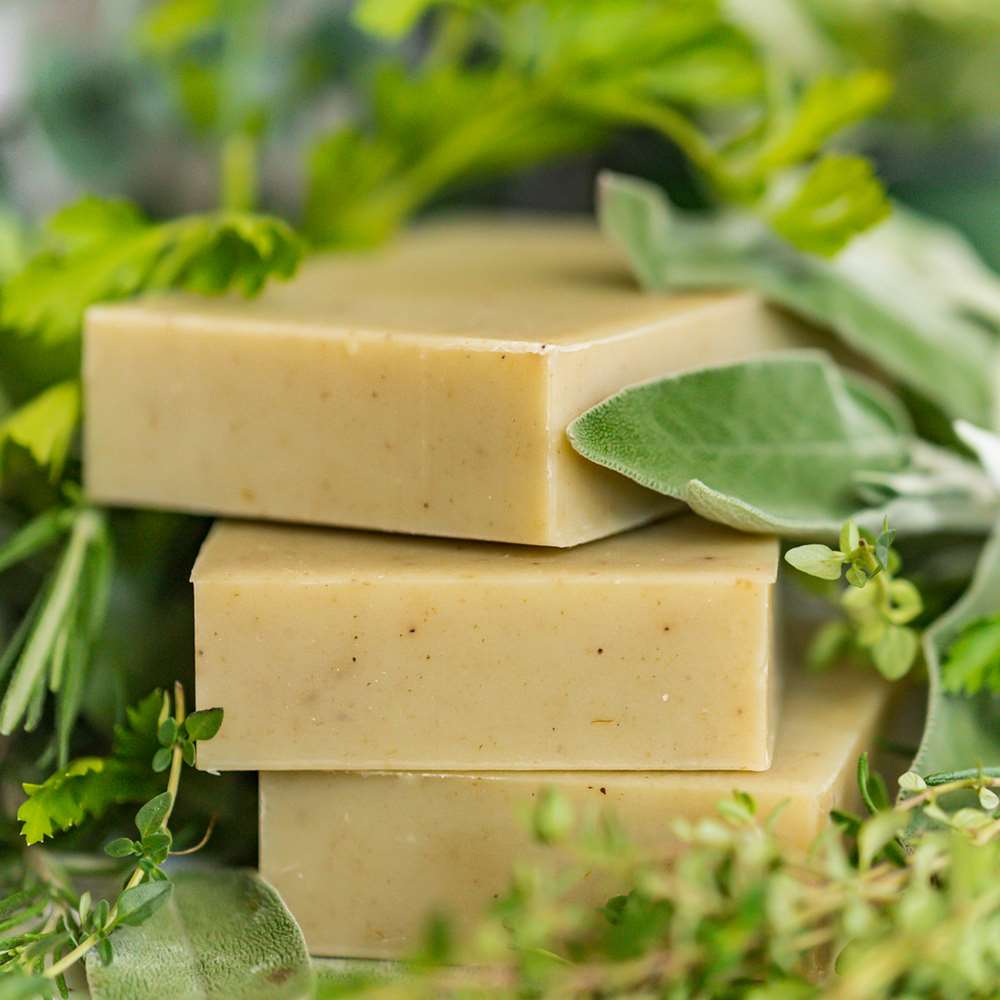
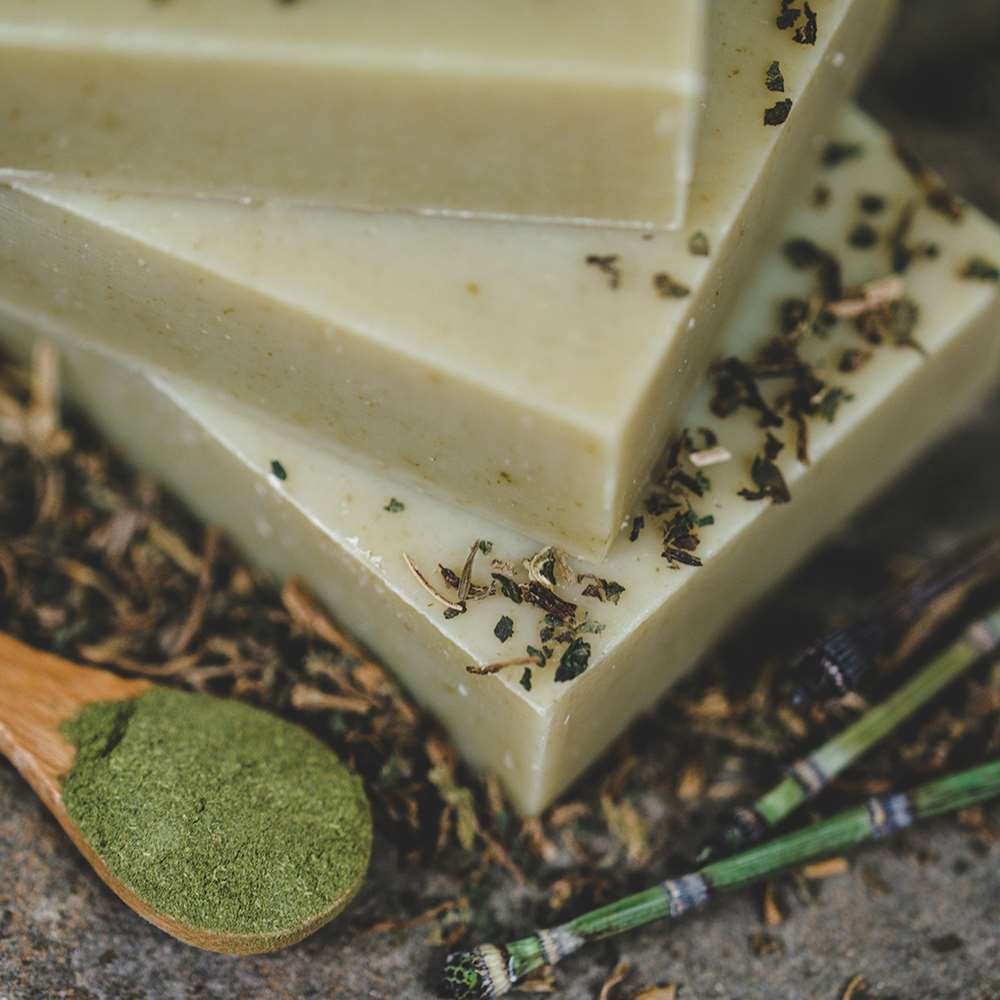

There are many causes of true hair loss, such as genetics, general health, medications, hormonal changes, etc., that no hair care product can reverse.
Everyone sheds hair! The hairs on an adult's scalp do not grow or shed in unison. The growing and shedding of hair happen randomly, but individual hair follicles do have their own pattern.
If all of the hair follicles on our head were on the same schedule, we would all go temporarily bald from time to time as we shed to make room for new hair growth.
Excess shedding is often the result of simply mistreating your hair! Sometimes, simply switching to a natural shampoo bar without detergents, detergent foam boosters, and other harsh chemicals may help with shedding.
As a skin care company we are not trying to treat hair loss, the best we can hope for is to help ease some of the conditions that cause increase shedding.
We put a lot of care and research into our recipes, but I believe that what IS NOT in our natural shampoo bars is even more beneficial to people with hair and scalp problems, than what IS in them.
With all the synthetic ingredients in commercial shampoos, specialty shampoos, and even some handmade shampoos, it is no wonder that so many people have problems with their hair and scalp.
I just wanted to let you know I've been using the Herb Garden Shampoo Bar for a couple of months now and even my hairdresser commented on all the new growth. I've had a receding hairline for as long as I can remember and I lost a lot of hair after the birth of my daughter, but the hairline is much better now and I've stopped "shedding." Thanks! Dawn, Washington





Fine, thin, straight hair is often difficult to style and often appears lifeless and lacks vitality, bounce, and body. There are many causes for limp, lifeless hair:
Often simply switching to a natural shampoo bar without detergents, detergent foam boosters, and other harsh chemicals helps bring more body to your hair.
People with fine, limp hair often feel the need to use a lot of hair conditioner. These heavy conditioners that coat the hair can cause fine hair to become even more limp. Try using a natural apple cider vinegar hair rinse to add body, bounce, and shine.
Thank you so much. I ordered shampoo bars from you about a month ago and they are the greatest. My hair before was always flat and lank, now it has tons of body and fullness. It's like having someone else's hair!! Thanks again for a wonderful product and website. Una, Massachusetts






Most people find that shampoo bars are easier on color-treated hair than commercial shampoos.
We have many customers who color their hair and use our gentle shampoo bars. One customer who "darkens" her hair wrote to tell us that she is now able to go one month longer before recoloring her hair.
 Another customer who "lightens" her hair wrote that the color stays "nicer" longer, and she does not get that "brassy" blonde color anymore.
Another customer who "lightens" her hair wrote that the color stays "nicer" longer, and she does not get that "brassy" blonde color anymore.
All of our shampoo bars are mild enough for color-treated hair, but since everyone's hair and coloring products are different, please do a strand test to judge for yourself.
To do a strand test, shampoo a strand of hair in a non-conspicuous area and rinse. Notice if there are any changes.
For color-treated hair, we recommend creating a lather in your hands rather than rubbing the bar directly on your head. Then using your fingers, massage the lather into your scalp at the roots of the hair until you work up a really good lather.
It is also best to rinse color-treated hair with cool or lukewarm, not hot, water.
Choose your shampoo bar based on your hair type, knowing that coloring hair may change its texture.
Permanent hair color does not simply stain your hair but penetrates the shaft to alter the natural hair pigment. Since the outer cuticle of the hair has been penetrated by the hair dye, your natural hair oil may have trouble penetrating the hair shaft. As a result, your hair may become more dry or brittle.
Since it takes time for the hair cuticles to fully close and trap in the color, be sure to follow the directions from your salon or the product package as to how soon you should shampoo after coloring hair.
Also, note that chlorinated water can change the hue of your color-treated hair.
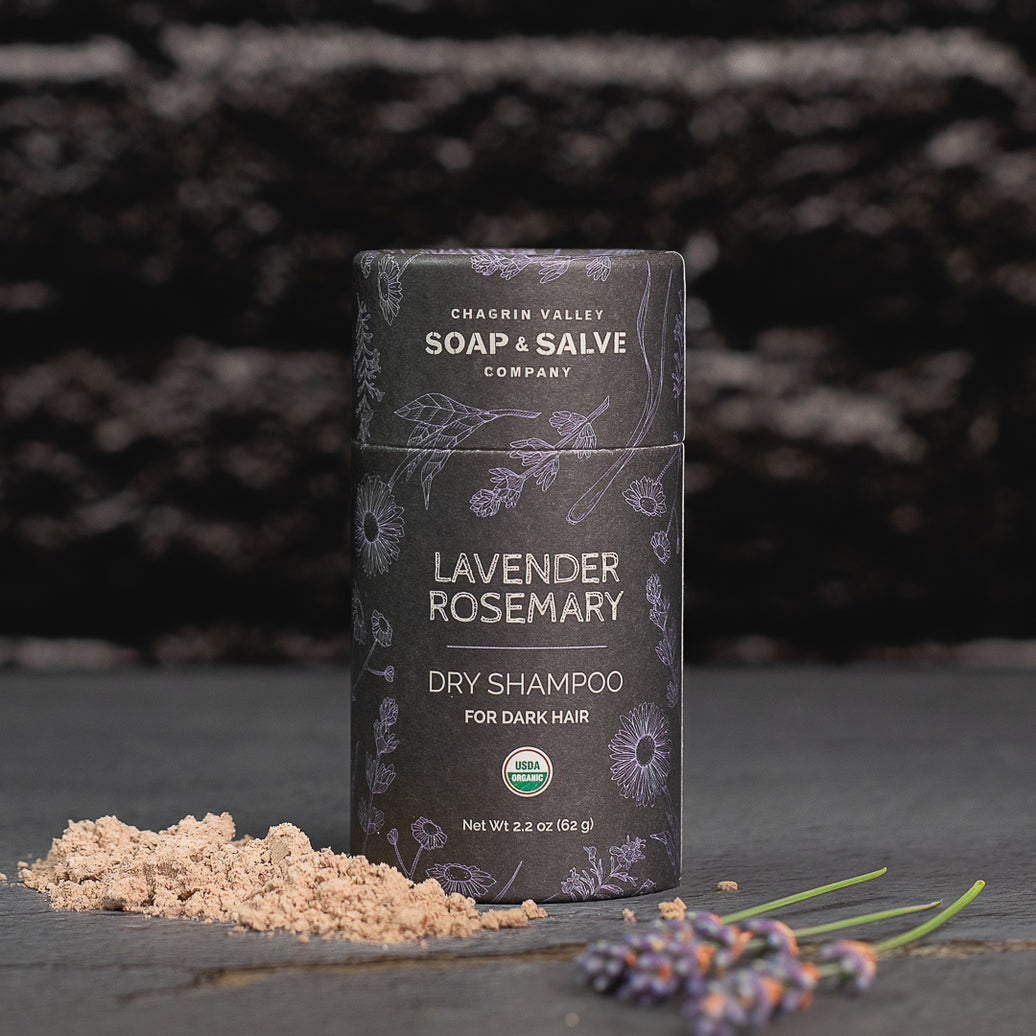
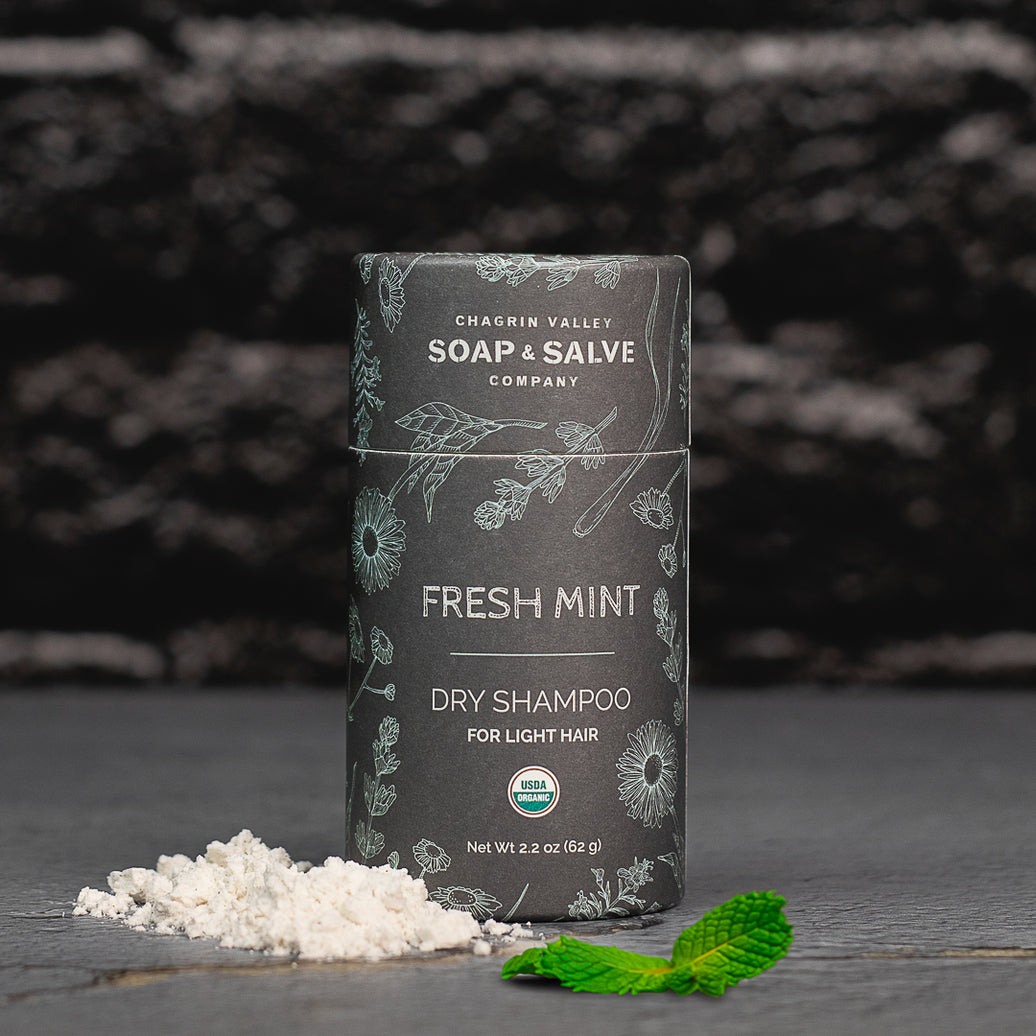
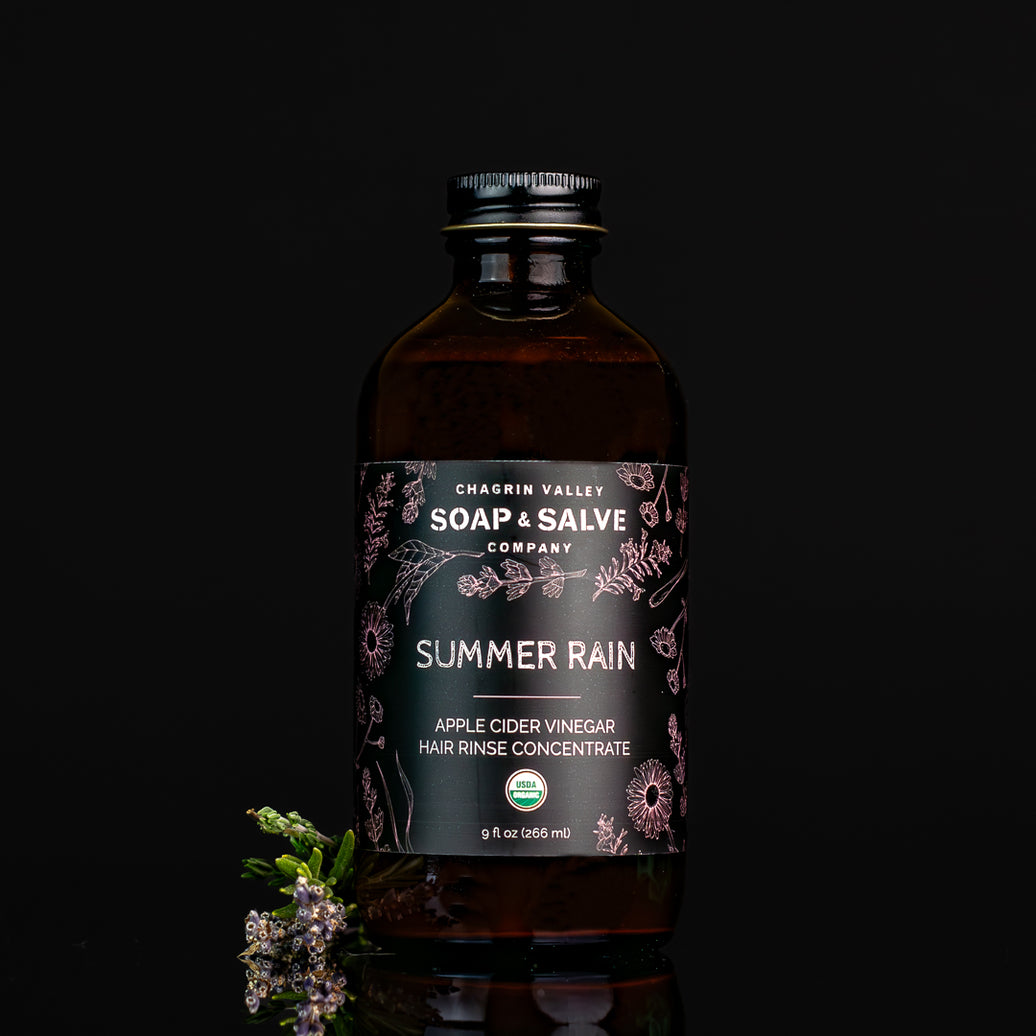
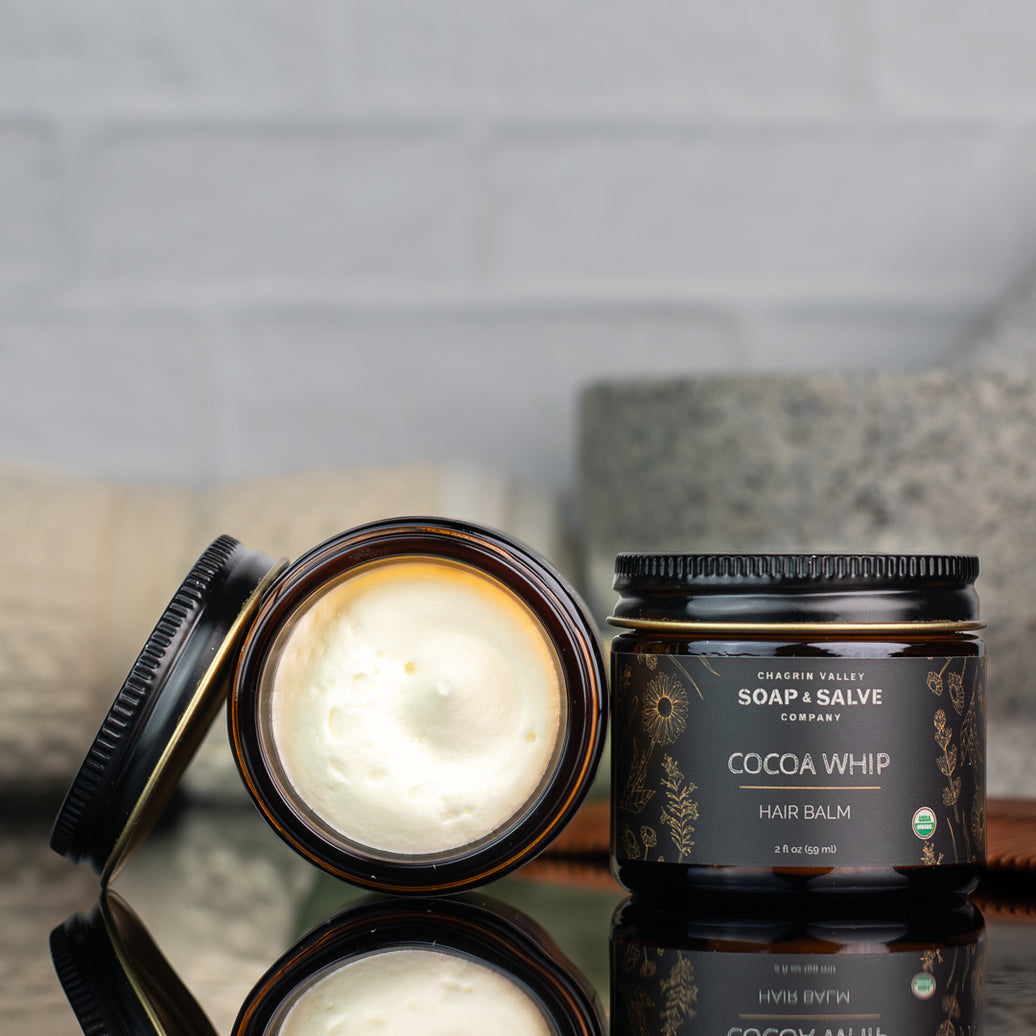
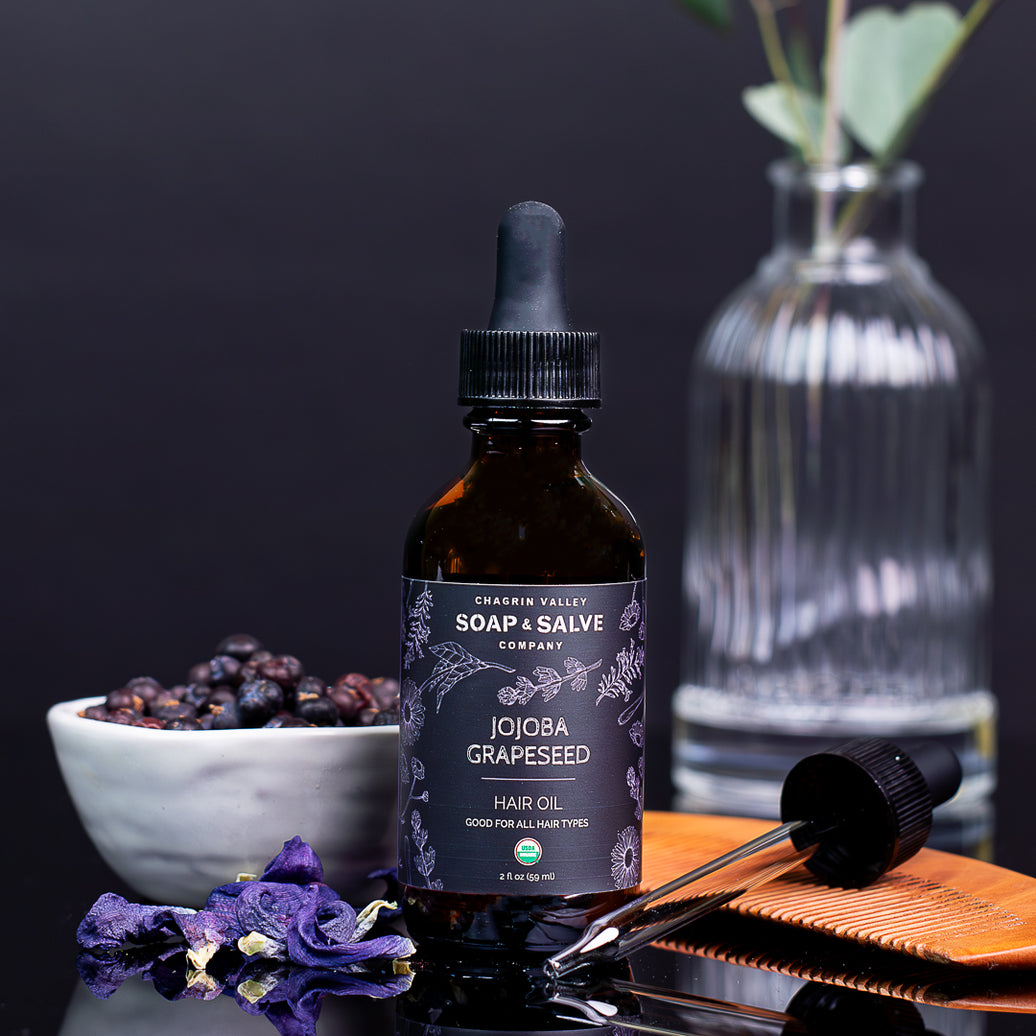
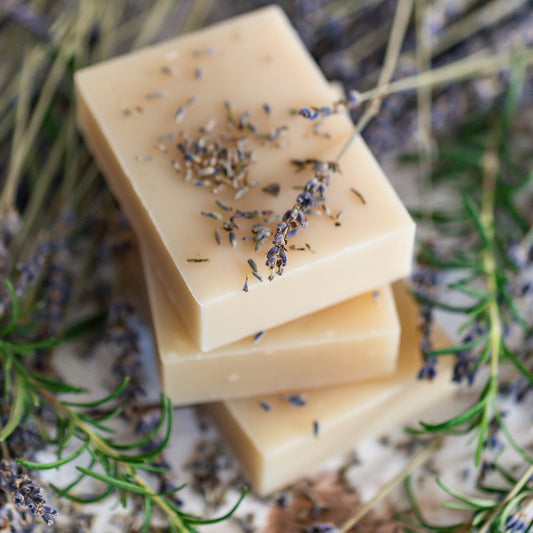
Explore the world of natural shampoo bars, get answers to your FAQs and learn about the benefits, ingredients, hair type suitability, and usage tips. Start enjoying healthier, happier hair.
Read Post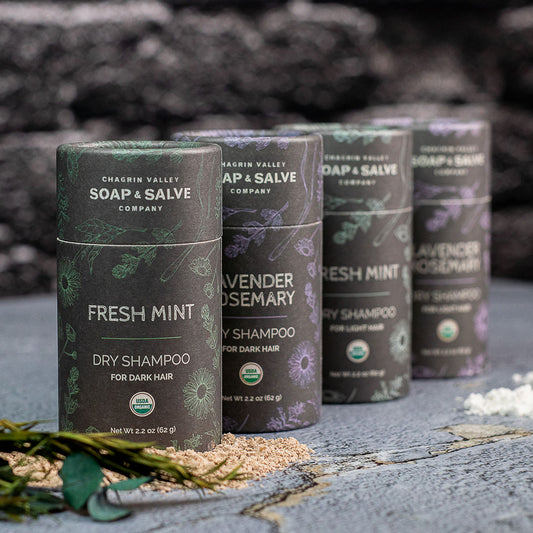
What is a Dry Shampoo? How Does Dry Shampoo Work? How Do You Use a Dry Shampoo? Are All Dry Shampoos the Same? In this blog, I hope to answer all of your dry shampoo questions!
Read Post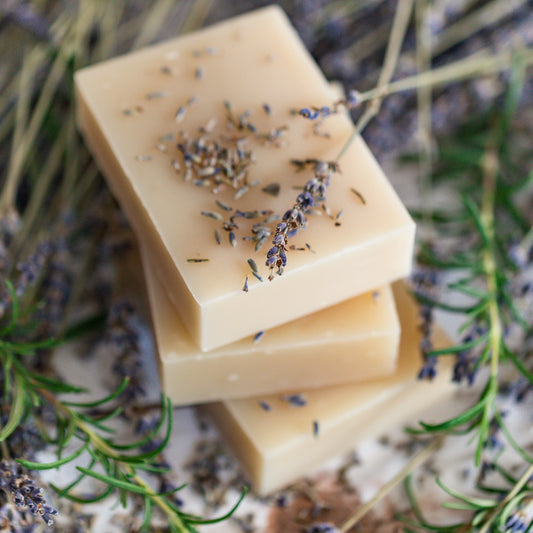
While the process of making a shampoo bar is the same as soap, shampoo bar "recipes" use different proportions of oils as well as herbs and essential oils known for their hair care benefits.
Read Post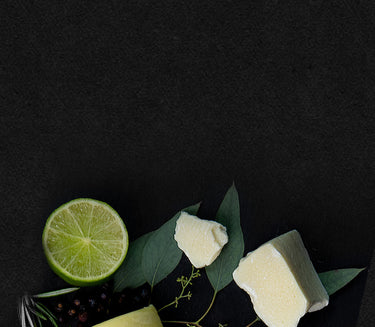

People with severe allergies—please note: If you have severe anaphylactic-type reactions to ANY of the ingredients in ANY of our products, please do not buy our products. We have dedicated soap rooms and product rooms that are kept meticulously clean, but we cannot guarantee against possible cross-contamination of individual ingredients.
Chagrin Valley Soap & Craft is not responsible for any individual reaction to any particular ingredient. Each product description on our website includes a complete list of ingredients. People with sensitivities to any listed ingredient should not use the product. In case you are in doubt always try an allergy patch test and if at any time irritation occurs, discontinue use of the product.
The content and information on this website, provided by The Chagrin Valley Soap & Salve Company, is for educational purposes only and is in no way intended and should not be construed as medical advice to diagnose, treat, cure, or prevent any disease or health condition. The information regarding folklore or health-related benefits of certain ingredients is for educational purposes only. The information provided is not intended to prescribe or be taken as medical advice.
The information provided is not meant to substitute the advice provided by your personal physician or other medical professionals. Do not use the information found on this website to self-diagnose any medical conditions or treat any health problems or diseases. If you have medical concerns regarding yourself or your family you should seek the advice of qualified, licensed health professionals. Never disregard professional medical advice or delay in seeking it because of something you have read on this website.
This information has not been evaluated by the Food and Drug Administration. This notice is required by the Federal Food, Drug and Cosmetic Act.
Read our Full Medical Disclaimer.